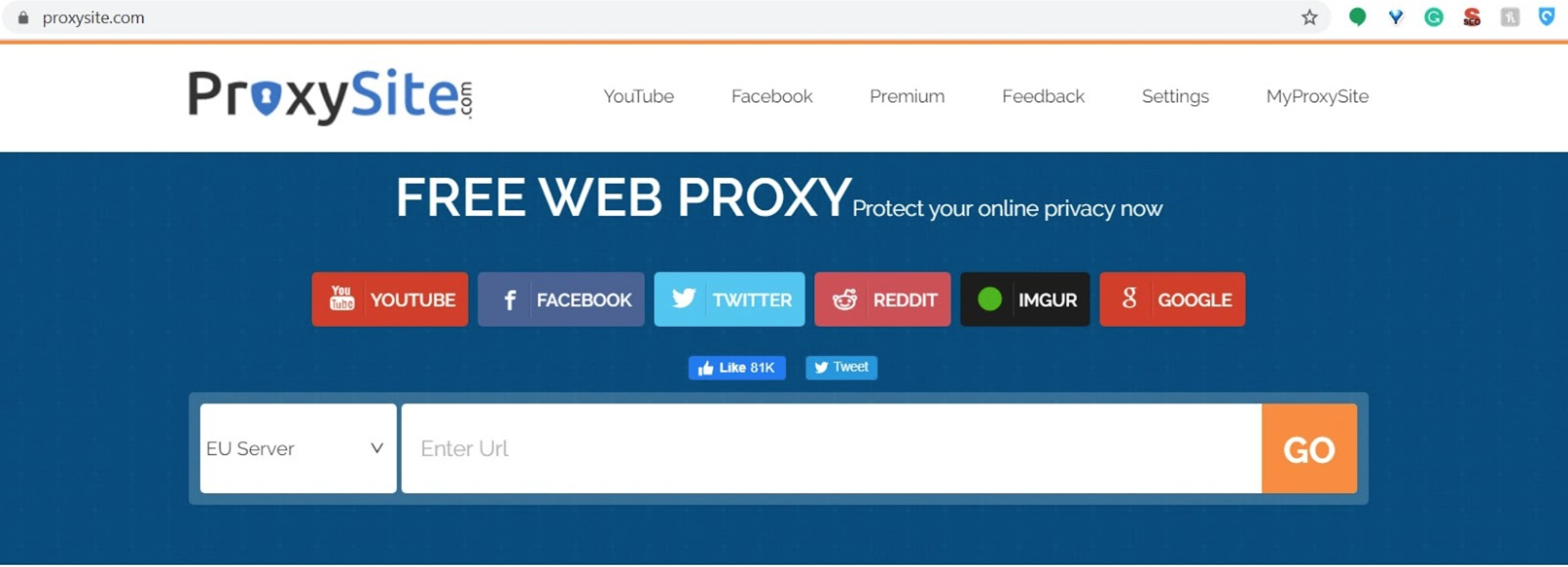In the current digital era, online security and data protection have never so more important. As we explore the wide landscape of the internet, the possibility of exposing personal data has grown substantially. One of the best tools in protecting your digital identity is a proxy server server. But what exactly is a proxy, and how does it function? Understanding the role of proxy servers can enable you to make smart decisions about your digital activities and improve your online safety.
Proxy act as intermediaries between your device and the internet, enabling you to access sites and applications while masking your IP address. This not just helps maintain your privacy but also offers various benefits, such as improved security, bypassing geo-restrictions, and even enhancing online efficiency. In this article, we will explore the complex workings of proxy, compare them with other privacy tools like virtual private networks, and discuss their advantages and potential downsides. Whether you're an individual seeking online anonymity or a business looking to strengthen security measures, understanding proxy is necessary in maneuvering through the challenges of the digital world.
Understanding Proxy Servers
A intermediary server acts as an middleman between your system and the internet. When you access a website through a proxy server, your queries are sent to the proxy server first, which then transmits them to the destination. This method helps conceal your IP address, making it look as though the intermediary's IP is the entity visiting the website. As a result, users can keep a degree of concealment online while navigating various online materials.
Proxy servers come in multiple types, each serving special purposes. For instance, HTTP proxies are mainly used for internet browsing, while SOCKS proxies can handle any form of data flow, including FTP and peer-to-peer. Non-intrusive proxies do not alter queries and are frequently used in business networks to observe staff activity without necessitating user configuration. Comprehending these types enables individuals to pick the appropriate intermediary for their particular needs, whether it's for security, security, or efficiency.
The employment of proxy servers is not just limited to individual individuals. Many organizations leverage proxy servers to boost their cybersecurity measures, improve staff productivity, and collect data insights. For https://notes.io/wZ23i , organizations may use proxies to retrieve data protected from multiple places while also safeguarding their anonymity. As the internet space transforms, understanding how proxy servers work is crucial for both people and organizations looking to manage online problems successfully.
Advantages and Protection of Proxies
Utilizing a proxy server offers several advantages that improve online privacy and safety. By functioning as an intermediary between your device and the internet, proxies can hide your IP address, making it harder for websites to monitor your online behaviors. This secrecy helps safeguard your personal information from potential threats, particularly when surfing on public Wi-Fi networks. With a proxy, sensitive data remains obscured, lowering the threat of identity theft and cyberattacks.
In addition, to improving privacy, proxy servers serve a crucial role in protection. They can monitor incoming and outgoing traffic, filtering malicious content and blocking harmful sites. Many organizations make use of proxy servers as an added layer of defense against cybersecurity threats. By examining web traffic, businesses can detect unusual patterns that may indicate a breach, allowing them to act swiftly to protect sensitive information.

Additionally, many proxies come equipped with features such as encryption, which bolsters security further. While not all proxies offer the same level of protection, those that do can secure data sent between the user and the server, enhancing security during data transfers. This is particularly important when accessing sensitive information or conducting transactions online, as it guarantees that your data remains private and protected from prying eyes.
Utilizing Proxy Servers for Streaming and Gaming
Streaming services frequently impose geo-based restrictions which may hinder users from viewing specific collections of content. Using a proxy server can assist in bypassing these geo-restrictions, enabling you to view a wider array of programs and movies. By routing your connection through a server situated in a distinct country, you can appear as though you are accessing content from that location, enabling access to materials that might otherwise be unavailable in your area. This capability is particularly beneficial for those wanting to enjoy services like Netflix or Hulu that have different availability based on geographic locations.
In conjunction to improving your streaming experience, proxies can also considerably benefit gamers. Numerous online games limit access based on IP addresses and can ban users for multiple causes. By using a proxy server, players can mask their actual IP location and minimize the risk of being banned while taking part in web-based gaming. Furthermore, proxies can help reduce latency and enhance connection stability by connecting you to the gaming servers more efficiently, providing a smoother gaming experience.
However, not all proxies are created equal, particularly regarding streaming and gaming. It's important to choose reliable and quick proxy servers to avoid slow connections and potential disruptions. Many gamers and streamers opt for dedicated proxies or those specifically designed for intensive activities, guaranteeing optimal performance during critical gaming sessions or while binge-watching preferred shows. This careful selection can help maintain not just availability of content but also the overall quality of the service.
